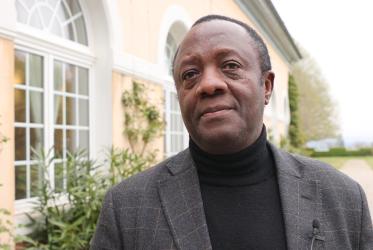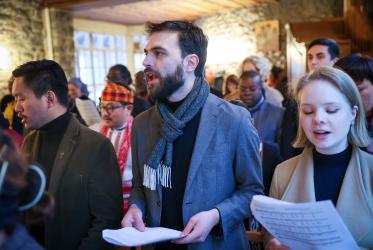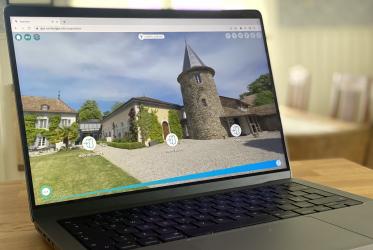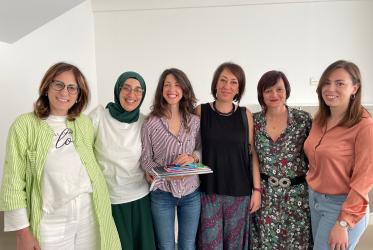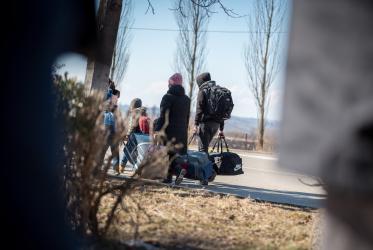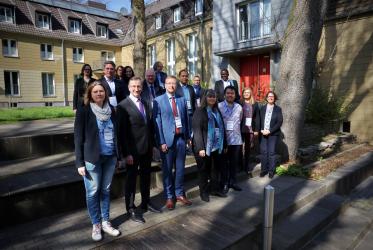Displaying 1 - 20 of 439
Chateau de Bossey thriving as lives are transformed
08 September 2023
Students from 19 countries complete ecumenical studies in Bossey
31 January 2023
Tour the Bossey Ecumenical Institute online—with 360-degree views
15 September 2022




